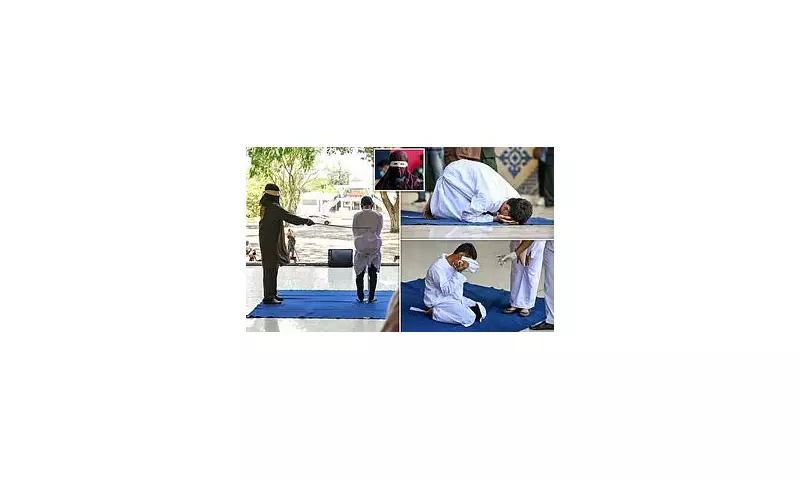
Two men grimaced in agony as they received a brutal public whipping in Indonesia's conservative Aceh province, becoming the latest victims of the region's strict Islamic Sharia laws prohibiting same-sex relations.
The distressing scene unfolded before a gathered crowd as law enforcement officials administered the punishment with a rattan cane. Each stroke drew visible pain from the victims, highlighting the severe consequences faced by LGBT individuals in the region.
The Grim Reality of Sharia Justice
Aceh remains the only province in Indonesia that implements Sharia law in full force, having gained special autonomy in 2001. The controversial legal system prescribes public caning for various offenses, including gambling, alcohol consumption, and intimate relations outside marriage between men and women.
International human rights organizations have repeatedly condemned these practices, describing them as cruel and degrading treatment that violates basic human dignity.
International Outrage and Local Support
The public caning has drawn swift condemnation from global human rights groups, who argue that such punishments amount to torture. However, the practice maintains significant local support in Aceh, where many residents view Sharia law as integral to their cultural and religious identity.
This incident represents another chapter in the ongoing tension between international human rights standards and local implementations of Islamic law in conservative regions.
Indonesia's Complex Legal Landscape
While Indonesia maintains a national criminal code that doesn't specifically criminalize homosexuality, Aceh's special autonomous status allows it to enforce its own religious regulations. This creates a legal paradox where same-sex relations can result in severe punishment in one region while remaining legal elsewhere in the country.
The case highlights the challenging balance between regional autonomy, religious freedom, and universal human rights protections in the world's largest Muslim-majority nation.





